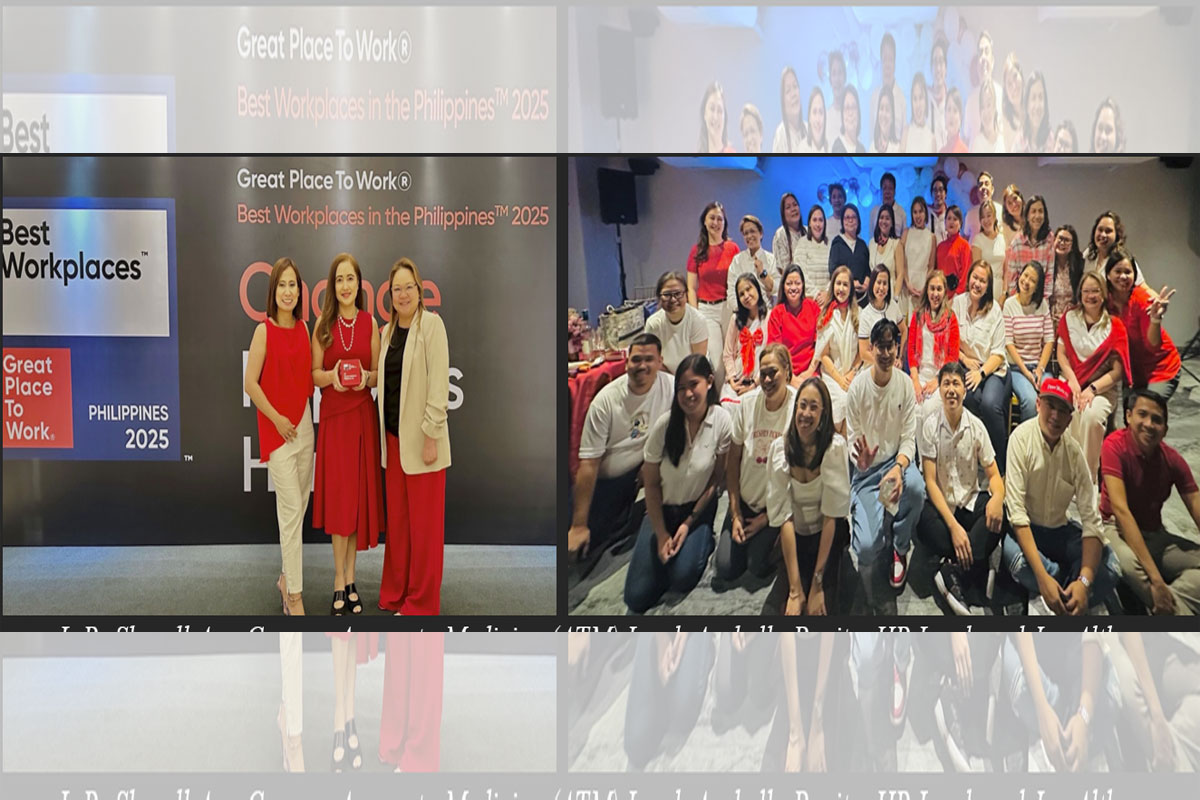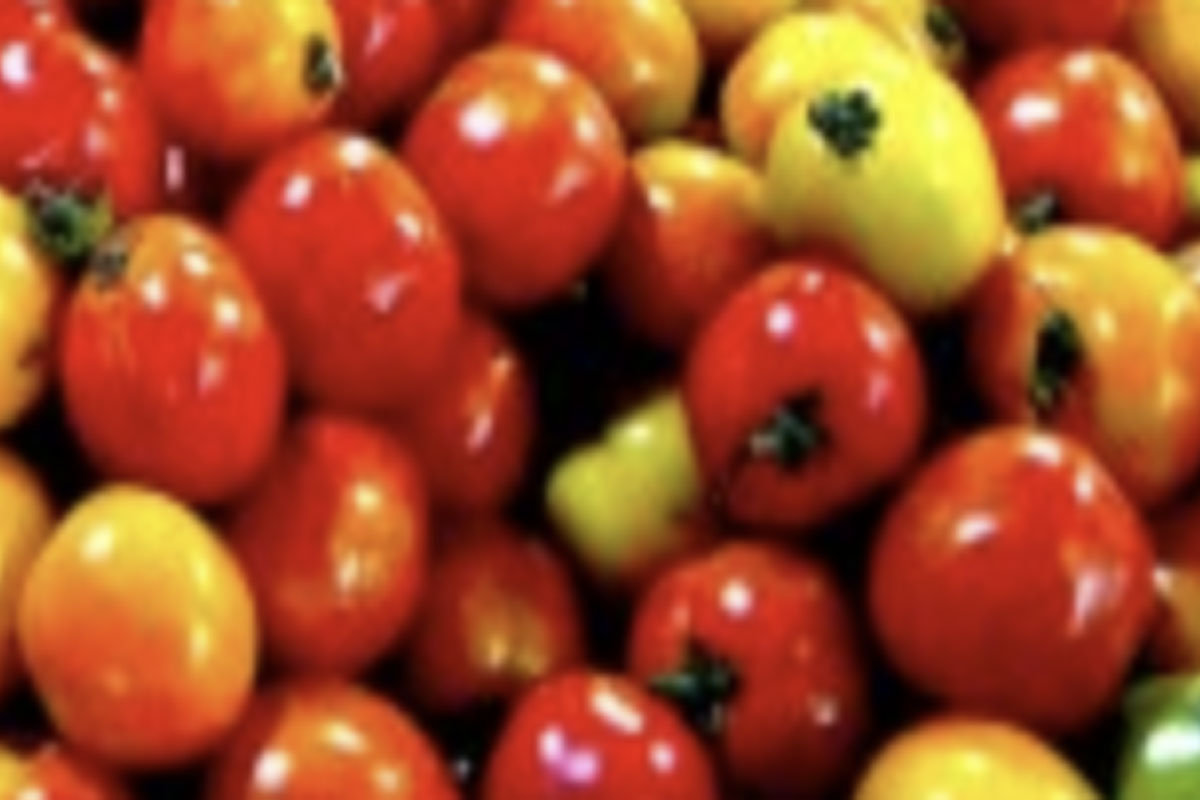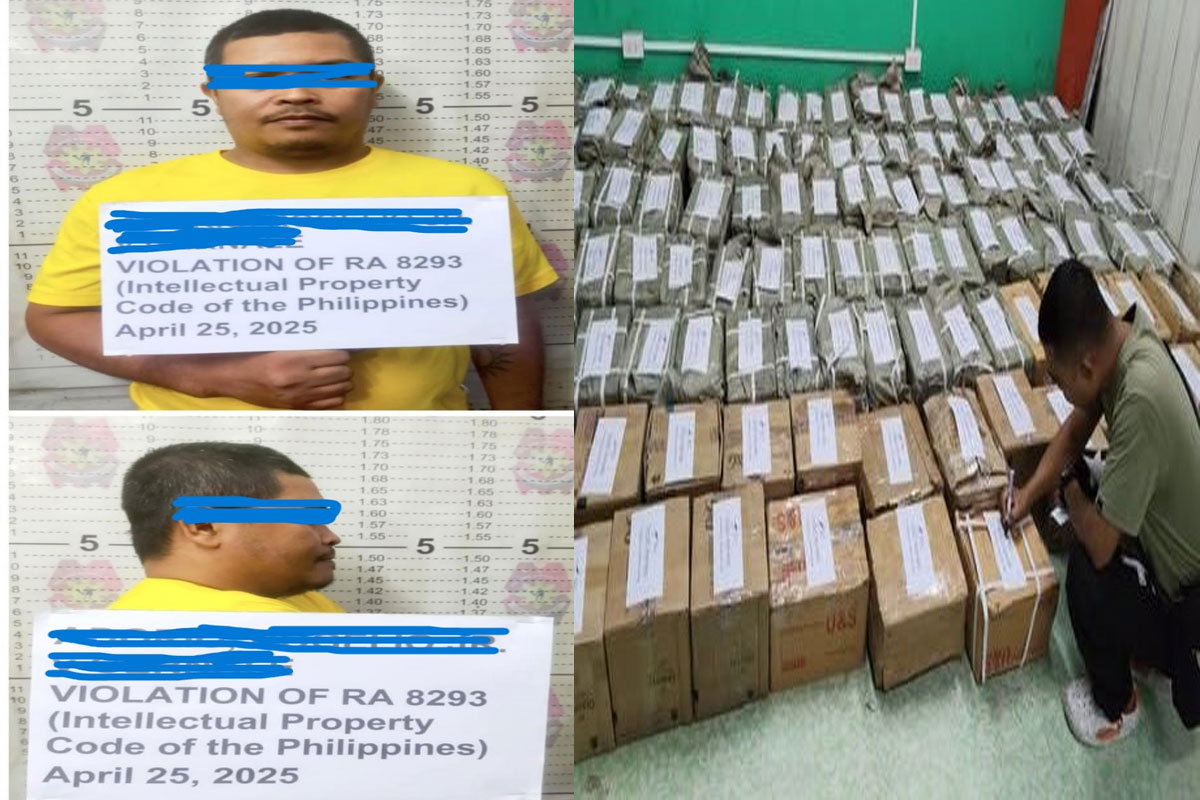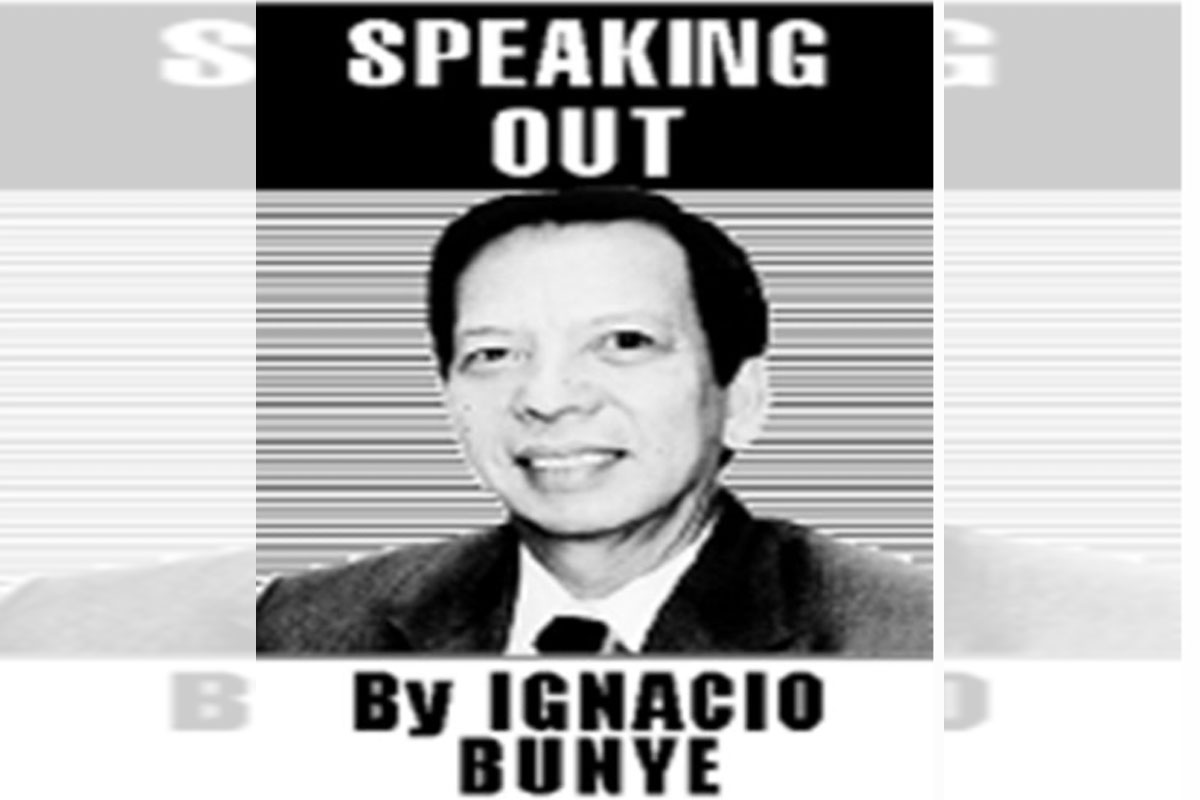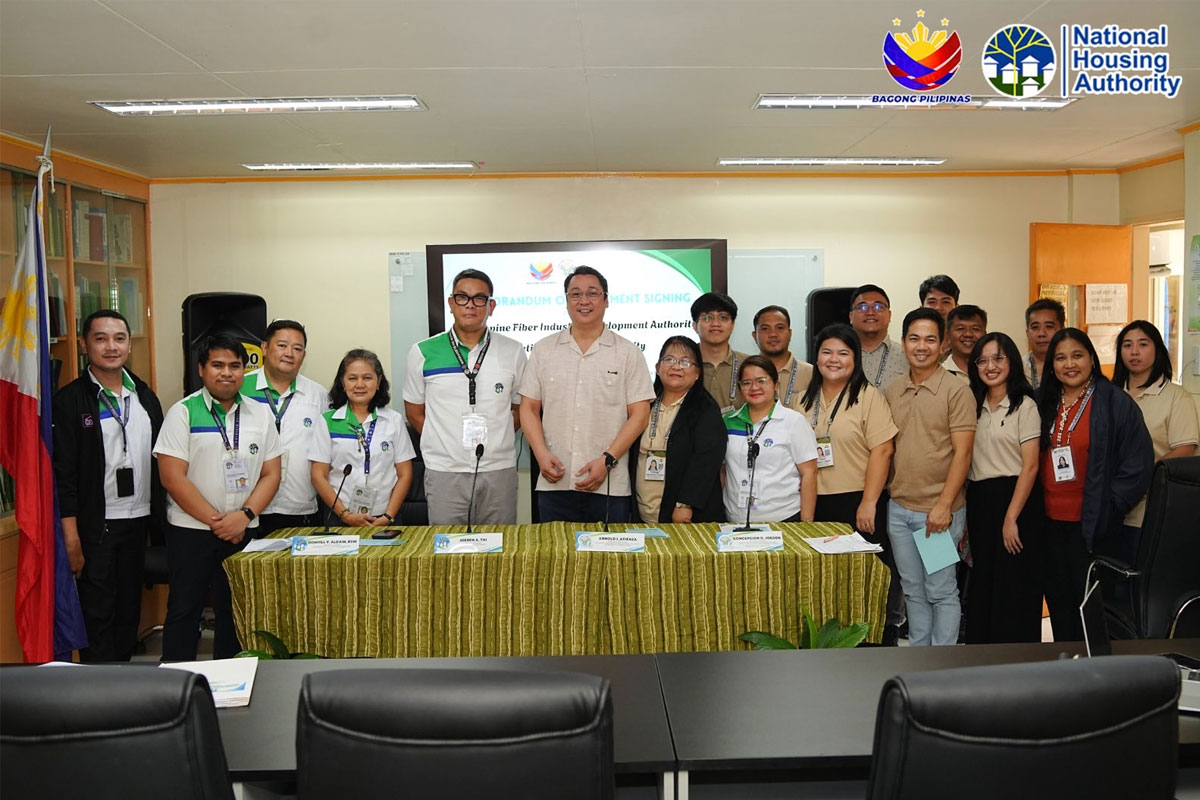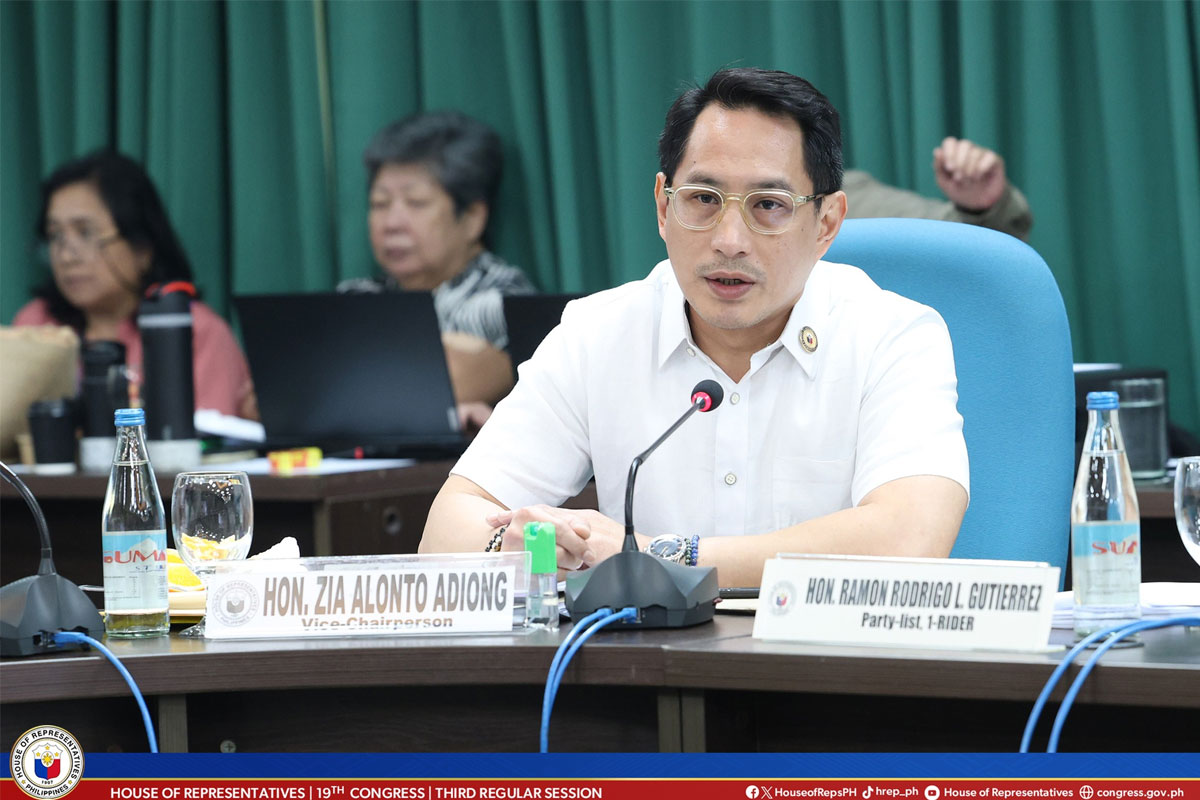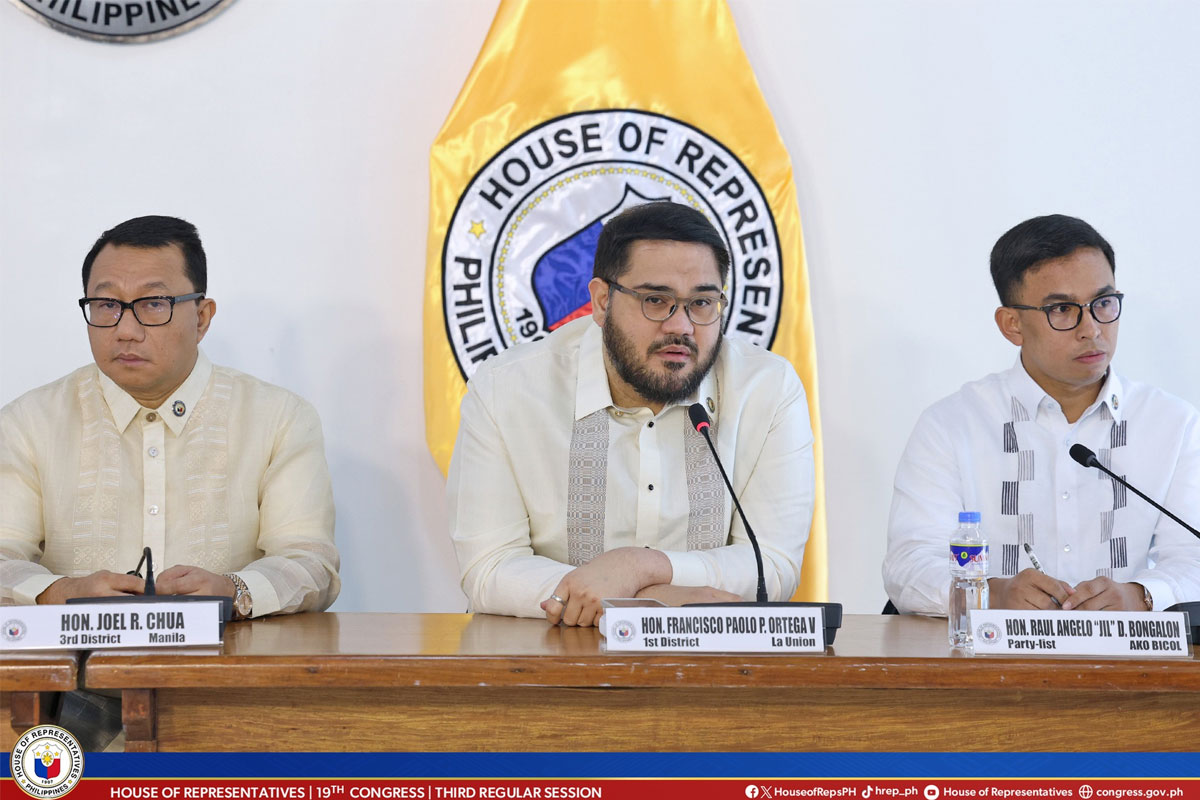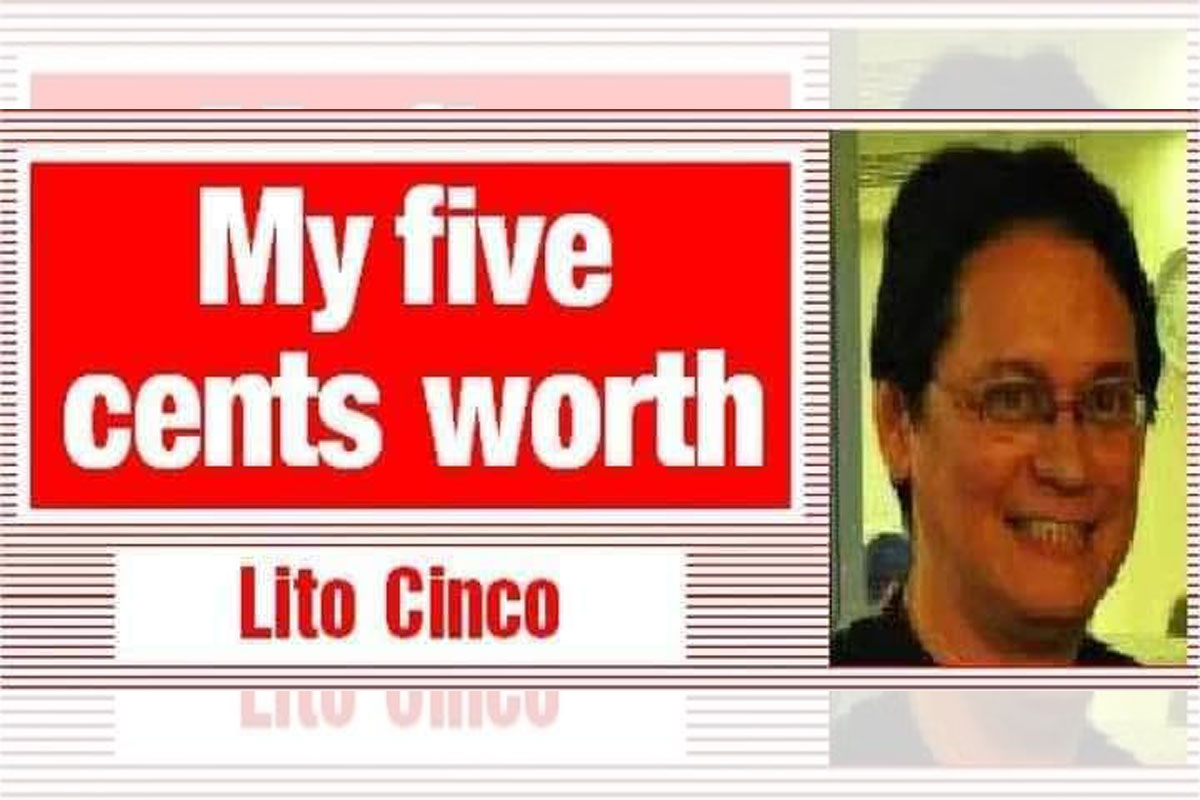
PANDESAL FOR YOU
 Each time I would teach at PWU-QC as a part-time professor under the College Department, the first three words I would hear (that always bring a smile on my face) are … “Pandesal for you!”
Each time I would teach at PWU-QC as a part-time professor under the College Department, the first three words I would hear (that always bring a smile on my face) are … “Pandesal for you!”
Following those kind words I would then see Prof. Editha Padua standing right in front of me with a pandesal sandwich in her hand smilingly handing it over to me. At first I was a bit ashamed to take it from her for she might think I was exploiting her generosity but when I saw such selflessness in her eyes, all I could say to her was “Thank You!”
Initially, I thought it was just one of those “extra baon days” when a colleague had some spare food to share or that Prof. Padua was celebrating a special occasion like a birthday or anniversary but when she started doing it almost on a regular basis I began to realize that this was not just an act of random kindness but an act of generosity which came so natural to her as a person. So each time I took the sandwich from her whenever I was in school, I realized that generosity shouldn’t be a “scheduled event” in one’s personal calendar, which only occurs during Christmas, Birthdays or even in times of Calamities. Generosity should be a habit in us … an instant readiness of sharing oneself to others.
“Scheduled Generosity” is in itself an act of altruism. It enables the giver to show one’s kindness in crucial moments or special occasions when someone might need our help or want to be reminded that somebody cares. The reactionary nature however of this act would have been better used if someone cared for them even before such an experience of abandonment occurred. In creating the habit of caring which comes not just sparingly in moments of crisis we are able to build a supportive community that seeks to preemptively avoid situations and events that would lead to despair and rejection. I care for you not just because you need me but because you are important to me, and that I love you as a person!
The second thing I then noticed when Prof. Padua was distributing her daily sandwiches was that it wasn’t only meant for those who were close to her but for everyone she knew who needed it most especially for those professors like me who had a 1pm class and might not have the time to have lunch due to the travel time needed to be in school. Generosity chooses no one, and should never be exclusive in nature. In giving we should never discriminate. Sometimes we have the practice of extending assistance only to those who are close to us or to those we hope can return the favor. But the selflessness of giving implies being there to all that might need us regardless of any form of payback. In fact the greatest act of giving is knowing that the recipient of such an act can never repay us. For when we repaid here on earth what treasures are left for us to store in heaven?
In the world of politics, giving is often viewed as “political capital”. Quid Pro Quo … I help you and you help me … I assist you and you vote for me … I give you campaign funds and you give me political mileage. So where does the phrase, “I serve you because I truly care for you”, come in? Giving should never be a system of trade or barter. Giving should be unconditional regardless of who needs it. We give not because of the hierarchy of closeness the recipient is to us but because of the need of the person seeking our assistance. So each time Prof. Padua hands over the sandwiches to Lance, Ludy, Melodina and I, she sees the need we had as we march towards our early afternoon classes regardless of the internal dynamics circulating inside the faculty room, and that for me was giving.
Well, as for the sandwiches, opening each pack brought a sense of suspense to the receiver. You would never know what was inside until you started to taste every single bite of it. You would never get tired of Prof. Padua’s pandesal sandwiches. Each day was a totally new culinary experience, and if I didn’t know that Prof. Padua was a social science professor like me I would have mistaken her as an HRM instructor. This act of preparing each sandwich goes right to the core of the quality of giving. You don’t give just for the sake of giving. When we give we give our best, and we take this opportunity in sharing all the best in us. In sharing, we give a part of ourselves to others so that in their emptiness they would feel complete. So how would others perceive us when all we have to share of ourselves is the measly part of our existence? In showcasing the best of who we are in the act of giving we bring such eminence in us for others to emulate and follow in the holistic transformation of both ourselves and of others.
And finally, each time I was handed a sandwich the first thing that came into mind was, “With her limited salary, how can Prof. Padua afford to give us sandwiches almost everyday? And, can she sustain this act of giving?” Well, I guess this is the nature of sharing … SACRIFICE. Giving will never be an act of self-sacrifice until it hurts the giver.
Gerald Horton Bath shares in one his anecdotes a story of a missionary visiting several islands in the South Pacific before Christmas: One Christmas morning, one of the natives brought the missionary a seashell of lustrous beauty. When asked where he had discovered such an extraordinary shell, the native said that he walked many miles to a certain bay (the location where such shells could be found). “I think,” exclaimed the missionary with gratitude, “it was wonderful of you to travel so far to get this lovely gift for me.” His eyes brightening, the native answered, “LONG WALK part of the gift!”
———————– oOo——————————
For any personal comments or suggestions, you may call 0917-4805585 or email me at [email protected].





